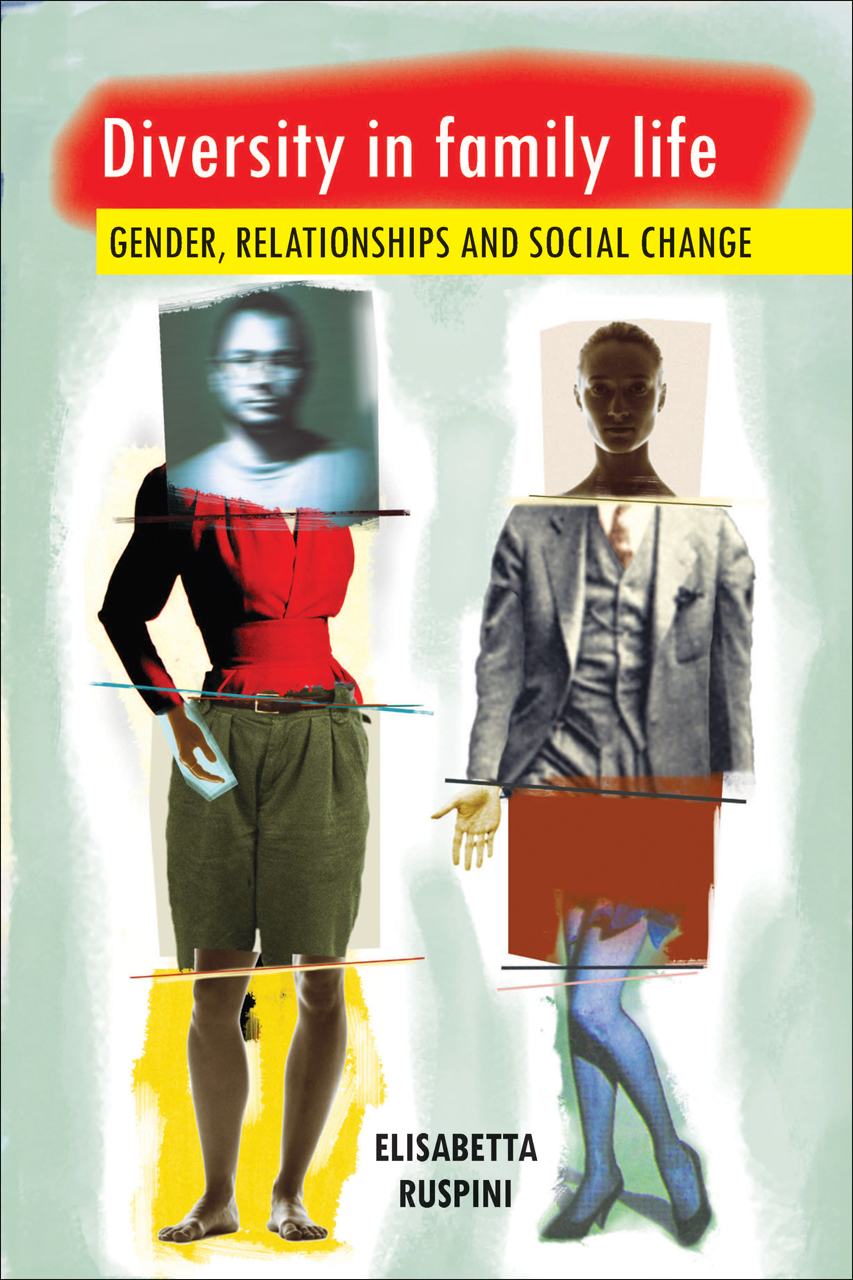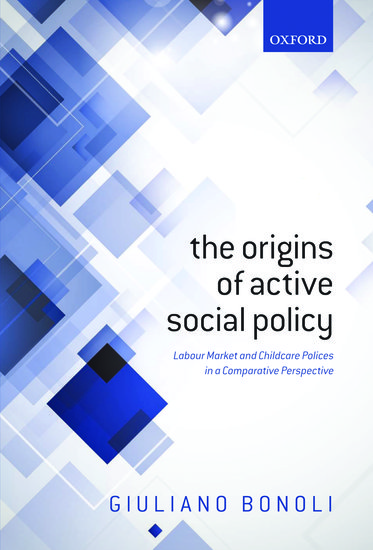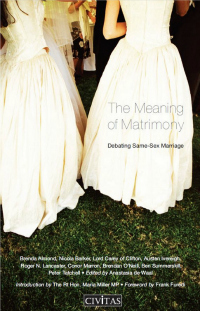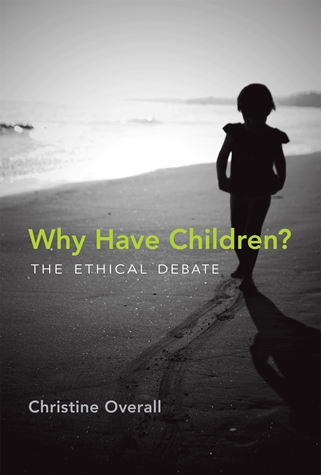David Cameron is seeking to put families at the heart of new government policies, in a change of both rhetoric and voter strategy. Here we explore a selection of books on families, marriage and policy.
Interested in different constructions of the family?
Diversity in Family Life: Gender, Relationships and Social Change by Elisabetta Ruspini
As new forms of ‘non-traditional’ families grow in number, there is a need to understand these new arrangements and models of parenthood. This book discusses examples of the relationship between changing gender identities and processes of family formation in the Western experience. It aims to show that in the 21st century it is possible to form a family without sex, without children, without a shared home, without a partner, without a working husband, or without heterosexual orientation. Donna Peach finds this an interesting and innovative book that serves to disrupt not only traditional constructions of family but also the links between research, academia and social media. Read the full review.
Interested in childcare policies?
The Origins of Active Social Policy: Labour Market and Childcare Policies in a Comparative Perspective by Giuliano Bonoli
Since the mid 1990s, governments throughout Europe have invested massively in two areas: active labour market policy and childcare. The result, a more active welfare state, seems a rather solid achievement, likely to survive the turbulent post-crisis years. This book contains case studies of policy trajectories in seven European countries and advanced statistical analysis of spending figures. Giuliano Bonoli provides a rich and well-referenced narrative, which readers can use to scaffold their understanding of Western European social policies, writes Donna Peach. Read the full review.
Interested in the arguments around gay marriage?
The Meaning of Matrimony: Debating Same Sex Marriage edited by Anastasia de Waal
The Meaning of Matrimony attempts to capture the key arguments for and against marriage for gay couples in England and Wales. The contributors consider whether the Government’s legislation for same-sex marriage is liberal or illiberal; whether marriage should embody ‘tradition’ or social change; who speaks for the support and opposition of same-sex marriage; and importantly, the function marriage performs in society. Sneha Krishnan feels that a more diverse selection of voices should have been included, and that issues intricately connected to the debate on gay marriage – such as immigration and social welfare – should not have been sidelined. Read the full review.
Interested in pregnant embodiment?
 Making Postmodern Mothers: Pregnant Embodiment, Baby Bumps and Body Image by Meredith Nash
Making Postmodern Mothers: Pregnant Embodiment, Baby Bumps and Body Image by Meredith Nash
This book aims to provide a multi-disciplinary, empirical account of pregnant embodiment and how it fits into wider sociological and feminist discourses about gender, bodies, ‘fat’, feminism, and motherhood. The study draws on original qualitative data based on interviews with pregnant women, their partners, and maternity industry professionals. ‘Postmodern’ pregnancy features as an ambivalent and uncertain experience, with women negotiating the boundaries of femininity and motherhood in a socio-political and economic context that both promotes and constrains their ‘choices’. An excellent addition to any feminist’s book shelf, finds Megan O’Branski. Read the full review.
Interested in reasons to (not) have children?
Why Have Children? The Ethical Debate by Christine Overall
In contemporary Western society, people are more often called upon to justify the choice not to have children than they are to supply reasons for having them. In this book, Christine Overall maintains that the burden of proof should be reversed: that the choice to have children calls for more careful justification and reasoning than the choice not to. Arguing that the choice to have children is not just a prudential or pragmatic decision but one with ethical repercussions, Overall offers a wide-ranging exploration of how we might think systematically and deeply about this fundamental aspect of human life. Reviewed by Deborah Lupton. Read the full review.










